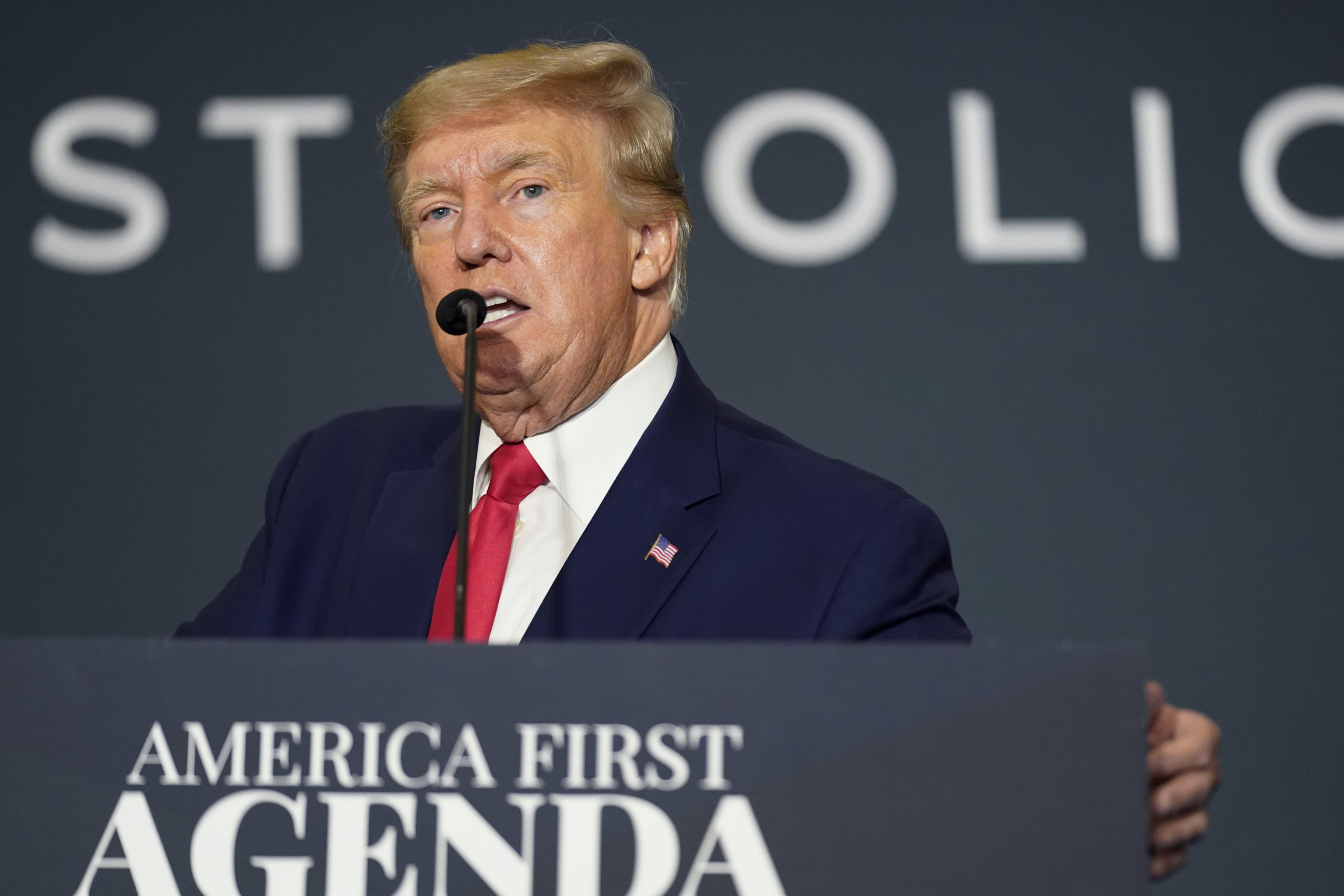Did Trump break the law? FBI search raises fresh questions

The year was 2016, the presidential candidate under investigation was Hillary Clinton and the FBI director at the time, James Comey, laid out the factors the Justice Department weighs in deciding whether to charge someone with mishandling classified records.
Fast forward to 2022 and that tutorial proves instructive as another candidate from that election, Donald Trump, is entangled in an FBI probe related to sensitive government documents.
Whether an FBI search of Trump’s Mar-a-Lago residence is a prelude to criminal charges is unknown. The action Monday nonetheless focuses attention on the thicket of statutes that govern the handling of government records, though the department’s own history of prosecutorial discretion — some high-profile investigations have ended without charges or in misdemeanor plea deals — makes it hard to forecast with certainty what might happen this time.